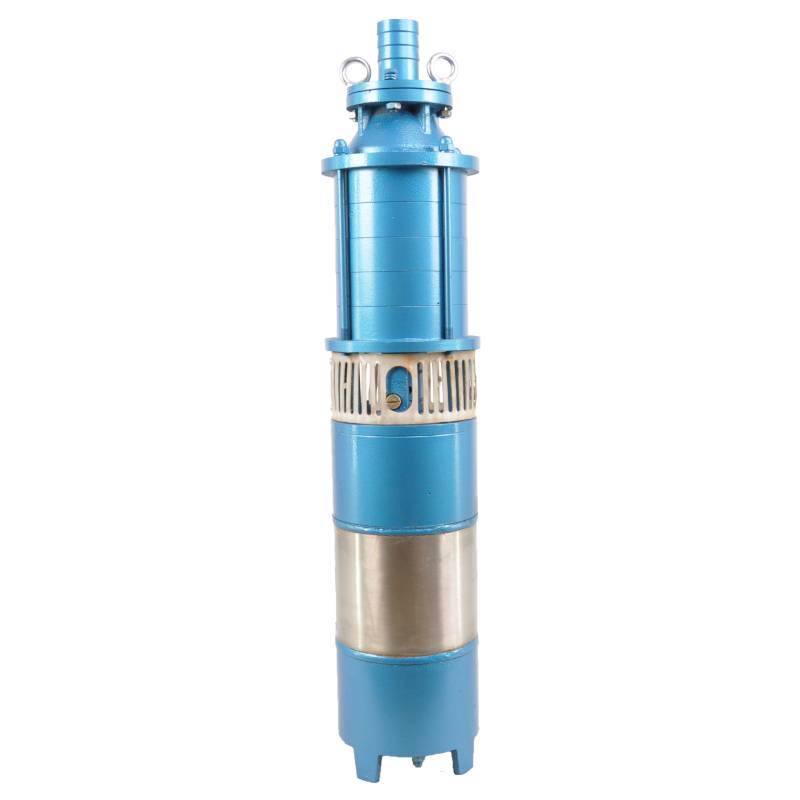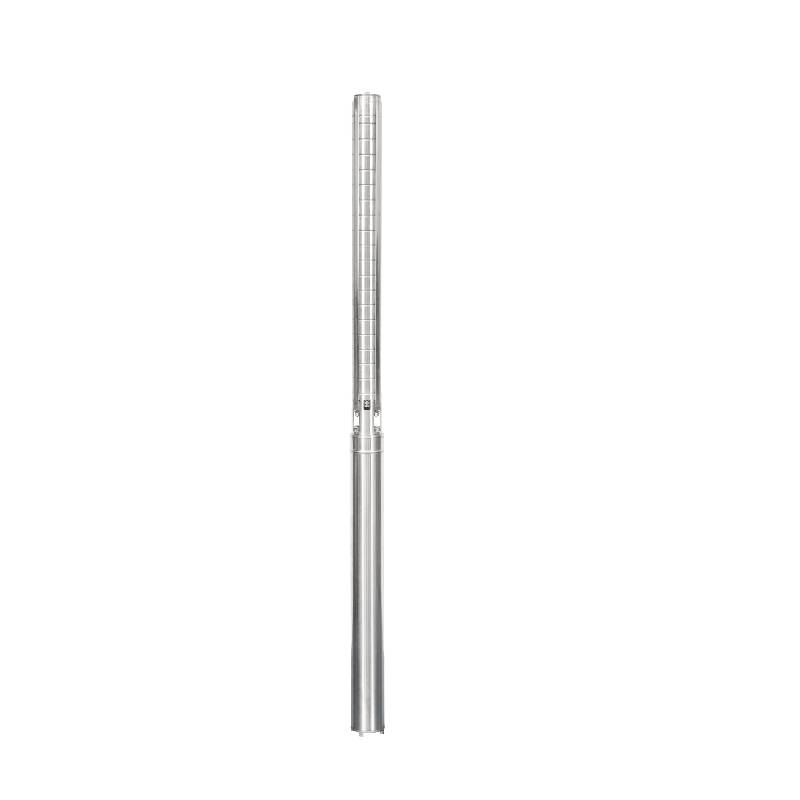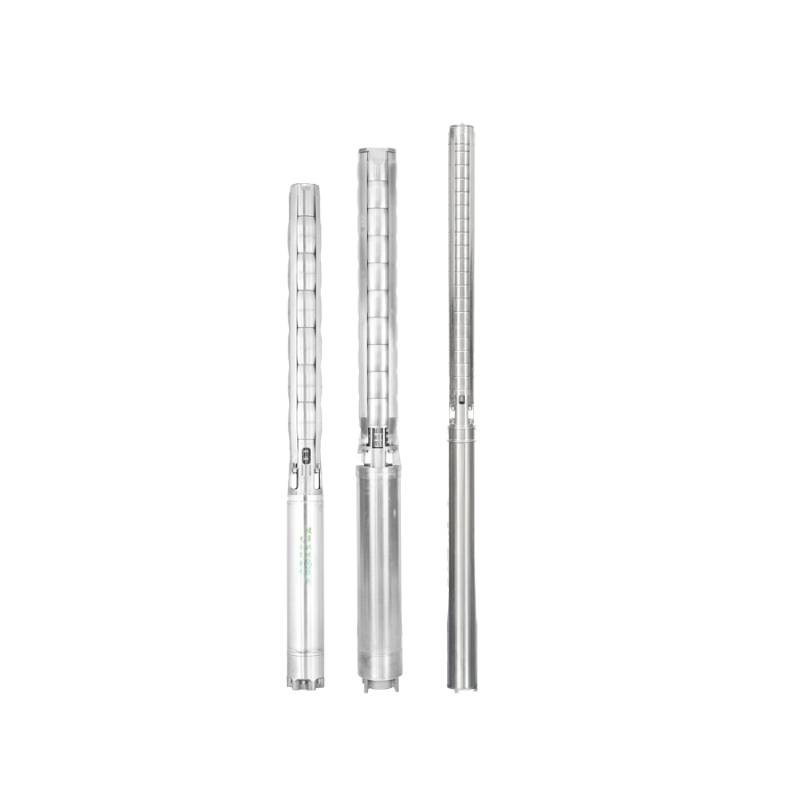डिस . 23, 2024 04:24 Back to list
Submersible Pump for Efficient Handling of Sludge and Wastewater Management Applications
The Role and Importance of Submersible Sludge Pumps in Wastewater Management
Submersible sludge pumps are essential tools in the field of wastewater management and industrial applications. These specialized pumps are designed to operate while fully submerged in liquids, making them invaluable for various tasks, particularly in environments where handling thick, viscous sludge is necessary. As urbanization and industrial activities continue to grow, the importance of effective sludge handling and removal has become paramount, driving the demand for such equipment.
Understanding Submersible Sludge Pumps
Submersible sludge pumps typically consist of a motor and impeller housed in a single unit, allowing them to operate underwater efficiently. The pumps are engineered to move thick sludge containing solid particles, ensuring that they can handle challenging materials that centrifugal pumps might struggle with. These units come in various sizes and strengths to accommodate different applications, from sewage treatment plants to mining operations.
These pumps are particularly designed to manage three primary duties transporting sludge, dewatering applications, and facilitating the handling of industrial effluents. Their robust construction allows them to withstand harsh operational environments, including high temperatures and the presence of corrosive substances.
Key Features and Benefits
One of the standout features of submersible sludge pumps is their ability to operate without the need for external support. This characteristic allows for greater flexibility in installation and the ability to pump fluid from deep pits and tanks where traditional pumps might be ineffective. Furthermore, the design of these pumps minimizes the risk of cavitation, ensuring consistent performance even under fluctuating pressure conditions.
Another significant advantage is their energy efficiency. Many modern submersible sludge pumps incorporate advanced technologies that reduce operational costs while maintaining high performance levels. These efficiencies are particularly crucial in large-scale operations where long-term energy savings can have a substantial impact on overall operational budgets.
submersible sludge pump

The construction materials of submersible sludge pumps also play a vital role in their performance and longevity
. Many are made from corrosion-resistant alloys or thermoplastics, ensuring they can handle abrasive substances without degrading over time. This durability translates to reduced maintenance costs and less frequent replacements, making them a cost-effective choice for many facilities.Applications in Various Sectors
Submersible sludge pumps are utilized across a range of sectors, including municipal wastewater treatment, industrial processes, construction, and agriculture. In wastewater treatment facilities, these pumps are essential for transporting sludge to treatment areas, ensuring effective operations throughout the facility. They play a critical role in maintaining the quality of effluent discharged into receiving waters.
In industrial settings, submersible sludge pumps facilitate the removal of sludge generated during manufacturing or processing operations. They can handle slurries, paints, sludges from chemical processes, and other byproducts, ensuring that waste is managed effectively and efficiently.
In agriculture, these pumps are used for managing waste from livestock operations and facilitating the processing of manure. Their capability to deal with thick materials is invaluable in ensuring that waste is treated properly before being reintroduced into the ecosystem, either as a fertilizer or through other means.
Challenges and Considerations
Despite their numerous advantages, submersible sludge pumps are not without challenges. One of the primary concerns is the potential for clogs when dealing with large solid particles. Routine maintenance and monitoring are essential to ensure that these pumps operate smoothly, and operators must be trained to handle issues that may arise.
In summary, submersible sludge pumps are critical components of modern wastewater management and industrial processes. Their efficient design, ability to handle challenging materials, and application versatility make them invaluable in various sectors. As we continue to face environmental challenges and strive for sustainable practices, the role of these pumps in managing waste effectively will only grow in importance. Investing in quality submersible sludge pumps not only enhances operational efficiency but also aligns with a commitment to environmental stewardship and responsible resource management.
-
submersible-sump-pump-auto-drainage-for-crawlspaces
NewsAug.22,2025
-
solar-powered-stainless-steel-submersible-well-pump-setup
NewsAug.22,2025
-
stainless-steel-well-pump-flow-rate-optimization
NewsAug.22,2025
-
water-filled-submersible-pump-fish-farm-oxygenation
NewsAug.22,2025
-
submersible-pump-in-aquaculture-and-fish-farming
NewsAug.22,2025
-
deep-well-submersible-pump-for-drought-areas
NewsAug.22,2025
-
 submersible-sump-pump-auto-drainage-for-crawlspacesCrawlspaces, those narrow areas beneath homes, are prone to water accumulation due to leaks, groundwDetail
submersible-sump-pump-auto-drainage-for-crawlspacesCrawlspaces, those narrow areas beneath homes, are prone to water accumulation due to leaks, groundwDetail -
 solar-powered-stainless-steel-submersible-well-pump-setupHarnessing solar energy to power stainless steel submersible well pumps is a sustainable and coDetail
solar-powered-stainless-steel-submersible-well-pump-setupHarnessing solar energy to power stainless steel submersible well pumps is a sustainable and coDetail -
 stainless-steel-well-pump-flow-rate-optimizationIn various applications like agriculture, domestic water supply, and industrial use, the flow rate oDetail
stainless-steel-well-pump-flow-rate-optimizationIn various applications like agriculture, domestic water supply, and industrial use, the flow rate oDetail
